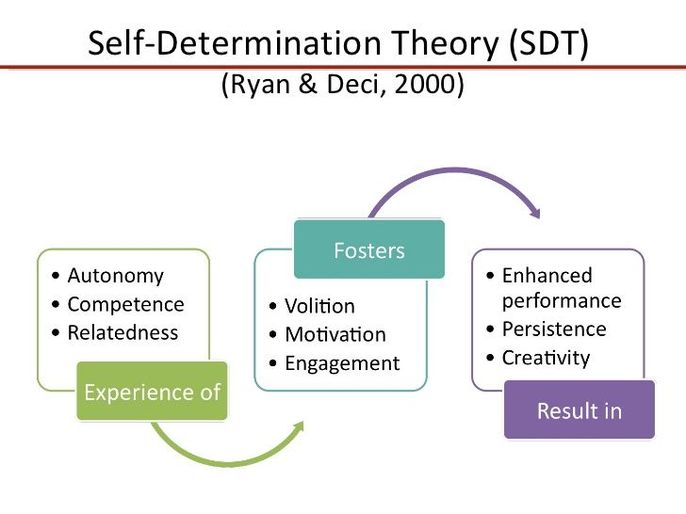
Have you ever started a fitness plan and then quit? Some people find the routine tiresome, others feel they aren't doing things correctly, or find results are coming too slow. The end result in all of these scenarios are a loss in motivation, and the dream of having a dashing summer body ready for your holiday trip ends abruptly.
I'm going to share with you some tips to stay motivated:
1) Set a goal
If you fail to prepare, then prepare to fail. Be honest with yourself and assess where you are currently, are your goals weight loss, strength gain, muscle gain, physique or athletic-related? Set yourself a target i.e. to lose X amount of weight in kilograms, in a time frame of Y weeks or months. "I'm going to lose X amount of weight in Y months!"
2) Be realistic
If you're reading this, and this includes myself, you are not an elite level athlete or have decades of experience in health and fitness, so do not expect elite-level results. Put down the fitness magazines, and stop watching your favourite influencer on Instagram or YouTube, their own transformation or physique are likely unrealistic to attain for you. Aim to compete with yourself, and remember that a result is better than no result.
3) Have a partner
As mentioned in my previous blog, "Why You Should Pair Up Your Workouts" people burn 25% more calories, and are 66% more likely to continue with their progress when partnering up with their health and fitness journey. This doesn't mean you need to have someone doing it with you, perhaps your friend/spouse/sibling can have their own routine away from you and you can keep track of eachothers progress.
My Experience as a Personal Trainer
I have learnt over the years in this industry whilst working with people as a Personal Trainer, in the beginning of my career I had lost many clients ans asked myself: why are people dropping out? why aren't they renewing their monthly packages? One of the keys to keeping a client is to keep them motivated.
This is my primary job as a Personal Trainer, if a client drops out after 1 month of training with me, is it not a waste of his or her's money and time? and a loss for me? I call back to my sports science days, studying at Anglia Ruskin University (I just tell people I went to Cambridge) learning about sports psychology, and understanding a Self-Determination Theory of Motivation, hypothesized by Ryan and Deci (2000)

Unless you're T-850 from Terminator 3, the majority of people need to feel three things in order to stay motivated in a task or environment, a feeling of autonomy, competence and relatedness.
Let's dissect these three things down:
Autonomy
This refers to the freedom of one to govern him or herself and to make decisions for themselves.
It's my job to give professional guidance where need be, a client should probably listen to my advice when im teaching them how to deadlift, but it's my job to ask the client if they're comfortable with the exercise, if they're happy to do it again and if they feel they find it rewarding.
Another scenario is giving a client options in their diet, instead of instructing them to eat X Y Z, it is better to give them options to consume foods they're more comfortable with at the moment.
Competence
This is the ability of one to perform a task correctly and efficiently.
This refers to my capabilities of teaching exercise methods, or dietary interventions in a way a client can understand, adhere to, and perform by themselves in the future. Am I going to tell a client to do this exercise, and then that, or will I teach them the exercise and explain why this is beneficial.
Relatedness
This is by far the most important of the three, personal training is a personal-service in that you are working 121 (the majority of the time) with another human. That human needs to be someone you can level with on some form.
This doesn't mean that your personal trainer needs to be the same age, ethnicity, height or wear the same perfume as you, it needs to be someone you can talk to comfortably and someone that can understand your problems.
#ruislip #pinner #northwood #harrow #personal #training #trainer #near #me #toning #weight #loss #transformation

Start Today!
Ready to transform your fitness journey? Take the first step towards achieving your goals with personal training!
My take on Health and Fitness



